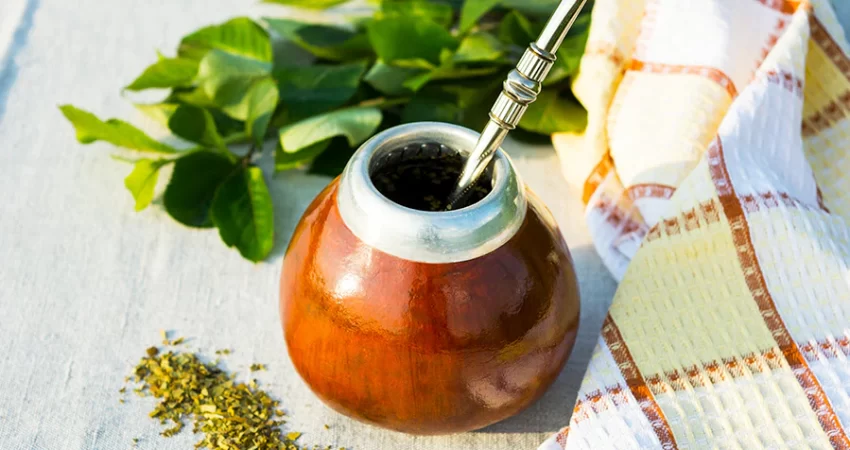Renowned soccer figures David Beckham and Lionel Messi are counted among the prominent enthusiasts of yerba mate, a traditional herbal tea with roots tracing back centuries in regions like Argentina, Brazil, and Uruguay.
Last summer, Beckham shared an Instagram Story post of himself enjoying yerba mate, captioning it, “If it’s good enough for Leo,” and tagging Messi.
The global market for yerba mate is projected to see sustained growth in the coming years, fueled by its reputation as a healthier alternative to coffee and other teas, as highlighted in a trend report by Future Market Insights.
But is yerba mate right for everyone? Here’s what nutrition experts have to say about this herbal tea.
Yerba mate is derived from a plant native to South America. Its leaves are dried and brewed in hot water, resulting in a tea that can be consumed either hot or cold.
Nutritionists, including Caroline Thomason, a registered dietitian and diabetes educator based in Virginia, praise yerba mate for its health benefits. These include antioxidants, vitamins, and minerals such as vitamin C, B vitamins, calcium, magnesium, and potassium.
Despite being considered an alternative to coffee, yerba mate still contains caffeine, providing about 80 mg per cup. Thomason notes that while yerba mate offers a different nutritional profile compared to coffee, neither beverage is inherently superior. One key distinction is that some individuals may perceive the effects of yerba mate to be subtler due to the absence of a noticeable energy crash.
However, individuals who are prone to jitteriness or anxiety may want to exercise caution when consuming yerba mate, as with any caffeinated beverage. Additionally, drinking yerba mate before bedtime may disrupt sleep patterns and lead to difficulty falling asleep.








